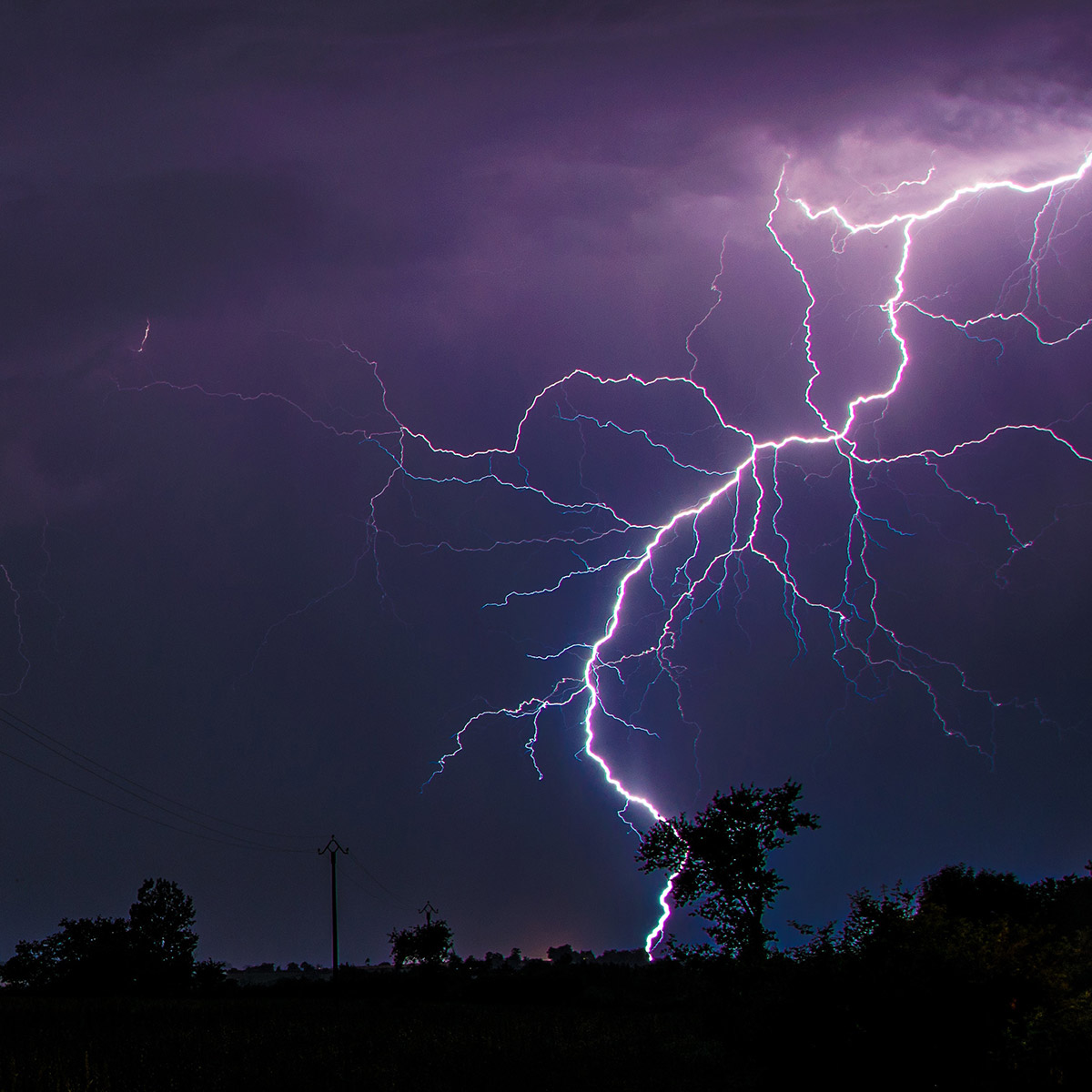
Best available refuge: Protecting yourself when a tornado or hurricane hits
[fa icon="calendar'] Sep 16, 2021 11:30:00 AM / by Greg Hoyt, PE
Tornados and hurricanes are dangerous, extreme wind events. Both types of storms are likely to happen in specific geographies—tornados in the central plains of the U.S. and hurricanes along the Atlantic seaboard and Gulf Coast. Yet these storms can and do happen in other areas.
Read More [fa icon="long-arrow-right"]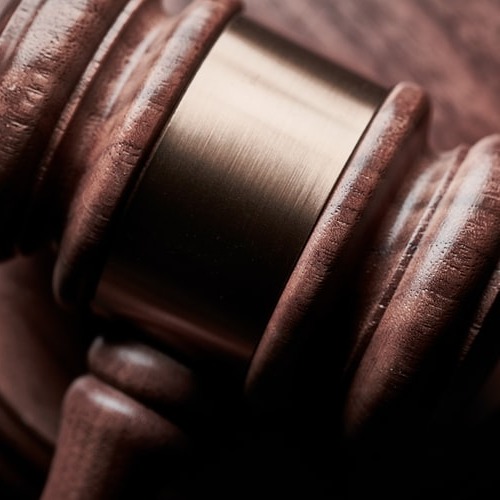
Construction Defect Litigation: Hiring an Expert Witness
[fa icon="calendar'] May 11, 2021 9:00:00 AM / by Mark McGivern, CSI, Aff. M. ASCE
Great expert witnesses are a critical part of a construction defect litigation team from start to finish. They can make or break your case, so it is critical to work with an expert who understands the technical side of the case and who can communicate clearly and objectively with all parties involved.
Read More [fa icon="long-arrow-right"]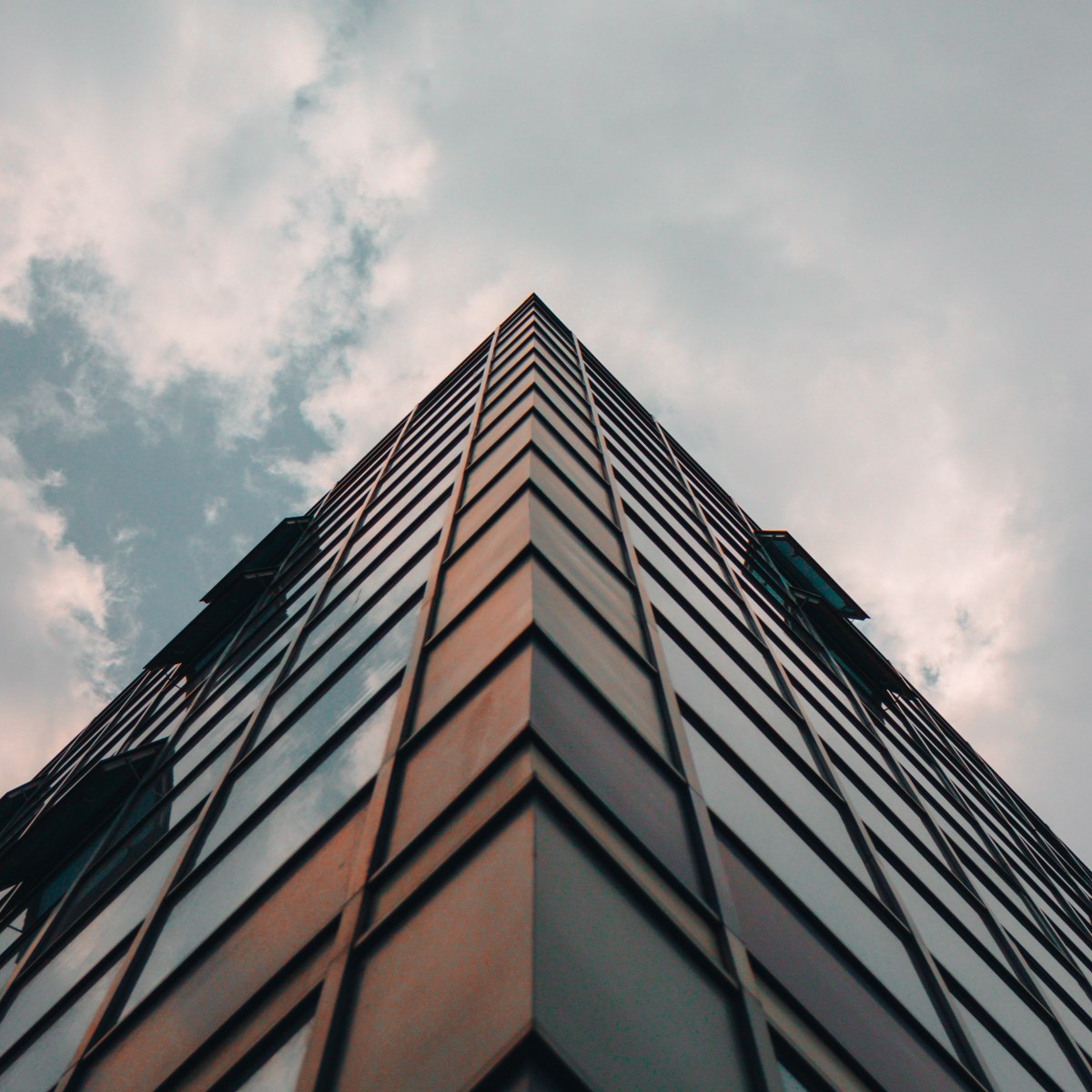
Why Hire a Forensic Architect?
[fa icon="calendar'] Apr 19, 2021 10:15:00 AM / by Kenneth R Quigley, PE
Forensic architects serve multiple purposes throughout construction projects. Most commonly, they are brought in to investigate the root cause of damages caused by construction defects or other damages to buildings. Owners, architects, and contractors also hire forensic architects during the design and construction phase to help identify potential trouble and advise on how to avoid it. These professionals are especially useful when a project team is unable to identify or come to a consensus about the source of a problem. The role of a forensic architect is to be an unbiased, third-party expert, identifying issues within the construction or building, determining causes, and suggesting solutions.
Read More [fa icon="long-arrow-right"]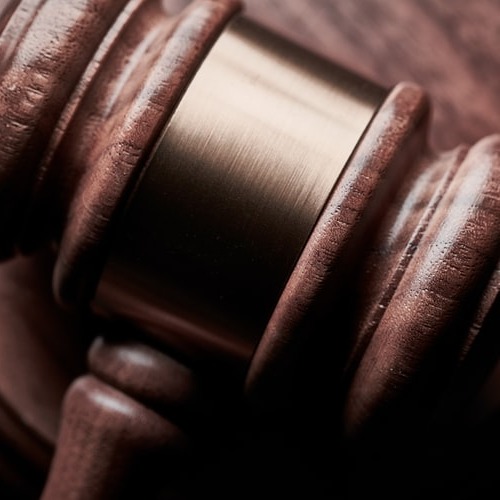
Construction Defect Litigation: The Critical Role of the Expert Forensic Witness
[fa icon="calendar'] Apr 12, 2021 9:45:00 AM / by Mark McGivern, CSI, Aff. M. ASCE
Expert witnesses are a critical part of construction defect cases, whether the outcome of a case is determined through a trial or arbitration. Attorneys rely heavily on expert witnesses to support them in understanding the facts of the case, the cause of the defect, and what is required to repair the defect.
Read More [fa icon="long-arrow-right"]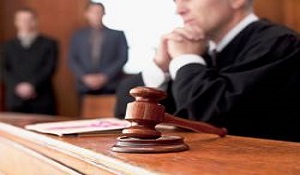
Construction Defect Mediation vs. Arbitration
[fa icon="calendar'] Feb 9, 2021 1:00:00 PM / by Mark McGivern, CSI, Aff. M. ASCE
Mediation and arbitration are two types of alternative dispute resolution that are often confused. Both are options for sorting out conflicts in construction defect cases, usually without having to involve a court of law. It is helpful to understand the differences between mediation and arbitration to decide which is most appropriate for a particular situation.
Read More [fa icon="long-arrow-right"]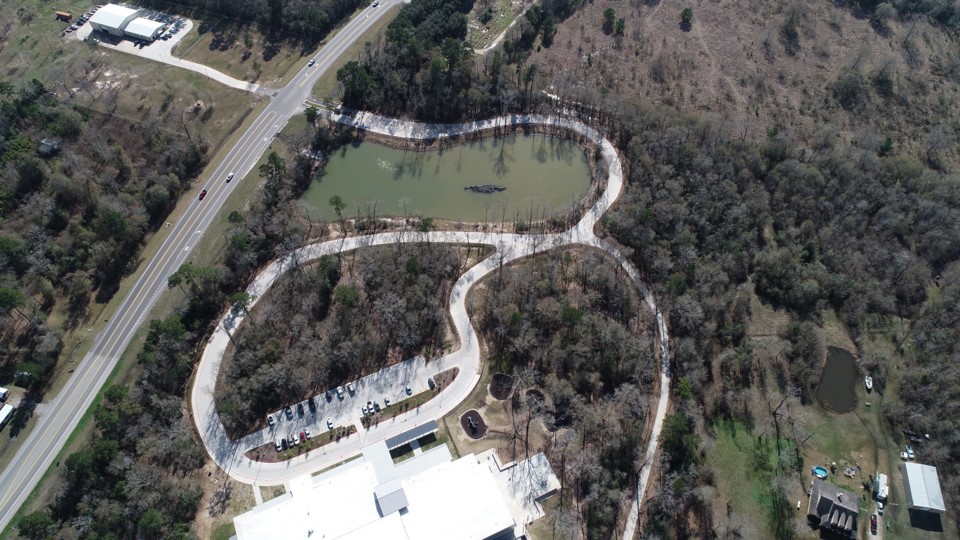
The Rising Use of Drones in External Building Inspection
[fa icon="calendar'] Jun 27, 2019 10:00:00 AM / by John O'Rourke
The process of inspecting the façade or roof of a building is changing. Advances in programming and battery technology have made unmanned aerial vehicles or “drones” both viable and affordable. Engineering and architectural companies are incorporating these tools into the practice of inspecting the façade and roof of structures, surveying large landscapes, and monitoring construction progress. The drone can be used as a tool, in the aforementioned tasks, that can safely produce visual and or thermal data faster at less cost than using tradition means and methods.
Read More [fa icon="long-arrow-right"]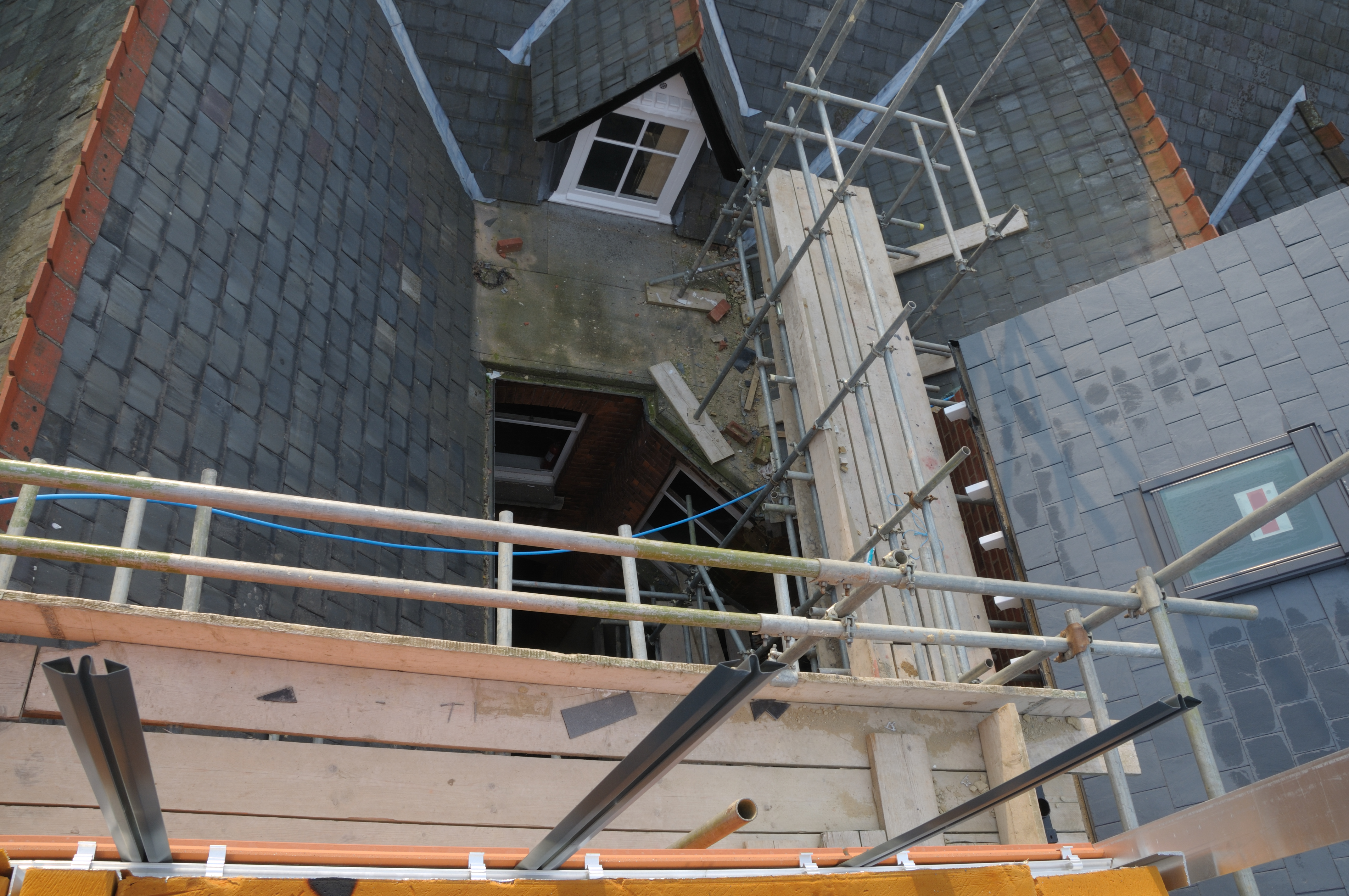
To repair or replace an existing roof?
[fa icon="calendar'] Jan 31, 2019 8:30:00 AM / by Kenneth R Quigley, PE
The decision to replace an existing roof may be the result of an ongoing issue such as water leakage, or proactively replacing it as part of building maintenance. Additional decisions need to be made regarding roof repairs or full replacement including whether or not to over-clad the existing roof or to completely replace it.
Read More [fa icon="long-arrow-right"]
Moisture Damage to Electronics
[fa icon="calendar'] Jul 24, 2018 10:00:00 AM / by Philip B. Terry, Sr. Vice President
Moisture gets into electronics even in the best of systems – it is inevitable. To name a few, electronic equipment whether personal electronic equipment, or specialized equipment isolated in server rooms, in moisture resistant enclosures, in aircraft avionics bays, and even in sophisticated autonomous underwater vehicles (AUV). Such AUVs meticulously designed to stay dry a thousand feet underwater are susceptible to moisture related damage. Moisture finds a way into your electronics and can wreak nuisance or havoc – sometimes intermittent, sometimes catastrophic.
Read More [fa icon="long-arrow-right"]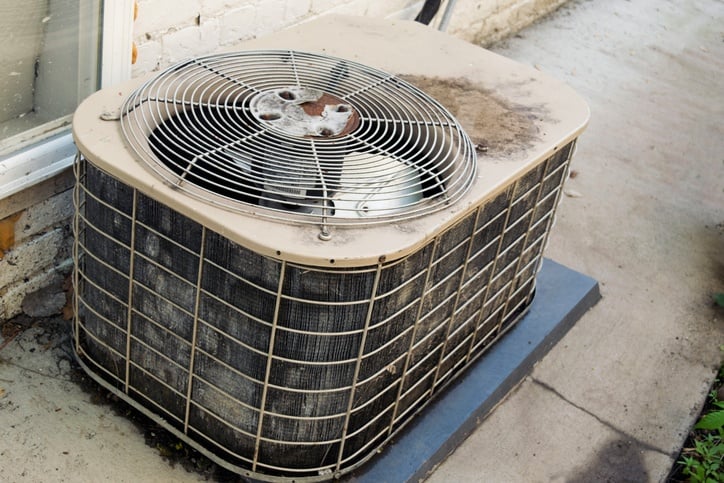
The Connection between Air Conditioning Systems and Mold
[fa icon="calendar'] Apr 25, 2018 2:00:00 PM / by Dudley Smith, PE, CEM
Mold spores are everywhere in the outdoor and indoor environment as a natural part of our world and they cannot be eliminated. Certain conditions are necessary for the growth and proliferation of molds into a problem area within a building. Controlling indoor moisture and humidity levels are key to controlling indoor mold growth. Air conditioning equipment and duct systems are very common locations for the development and amplification of mold in commercial properties. Property owners and managers need to be vigilant in inspecting and maintaining these systems, to minimize the frequency and magnitude of any exposures to occupants from hidden sources of mold.
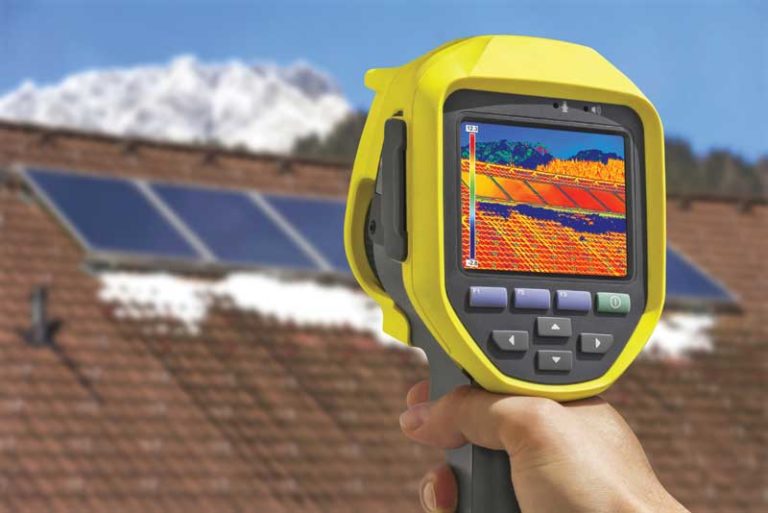
Everything Leaks: Testing & diagnosing roofing leaks
[fa icon="calendar'] Feb 15, 2018 11:00:00 AM / by Clark Griffith, AIA
Most roofs are not watertight all the time. Roofing systems, both low-sloped (flat) and pitched, will most likely eventually spring a leak, even with the proper recommended maintenance and inspections. But what about newly installed low-sloped roofs, can one expect those to be watertight? Typically, on a newly constructed building, any minor leaks that turn up during construction can be dealt with immediately by the installer. Also, newly installed roofs on new and old buildings will undergo inspections and sometimes specified testing of seams and components for issuance of the manufacturer’s and installer’s warranty of water tightness for a specified period of time. However, ensuring that your newly installed roof is absolutely watertight becomes more critical if it is being covered by rock ballast or a landscaped greenspace or if the roof protects valuable artwork or irreplaceable property. Determining the location, origin, and extent of wet substrates is also critical for existing buildings when trying to determine if repair or complete replacement is more appropriate.
Read More [fa icon="long-arrow-right"]
